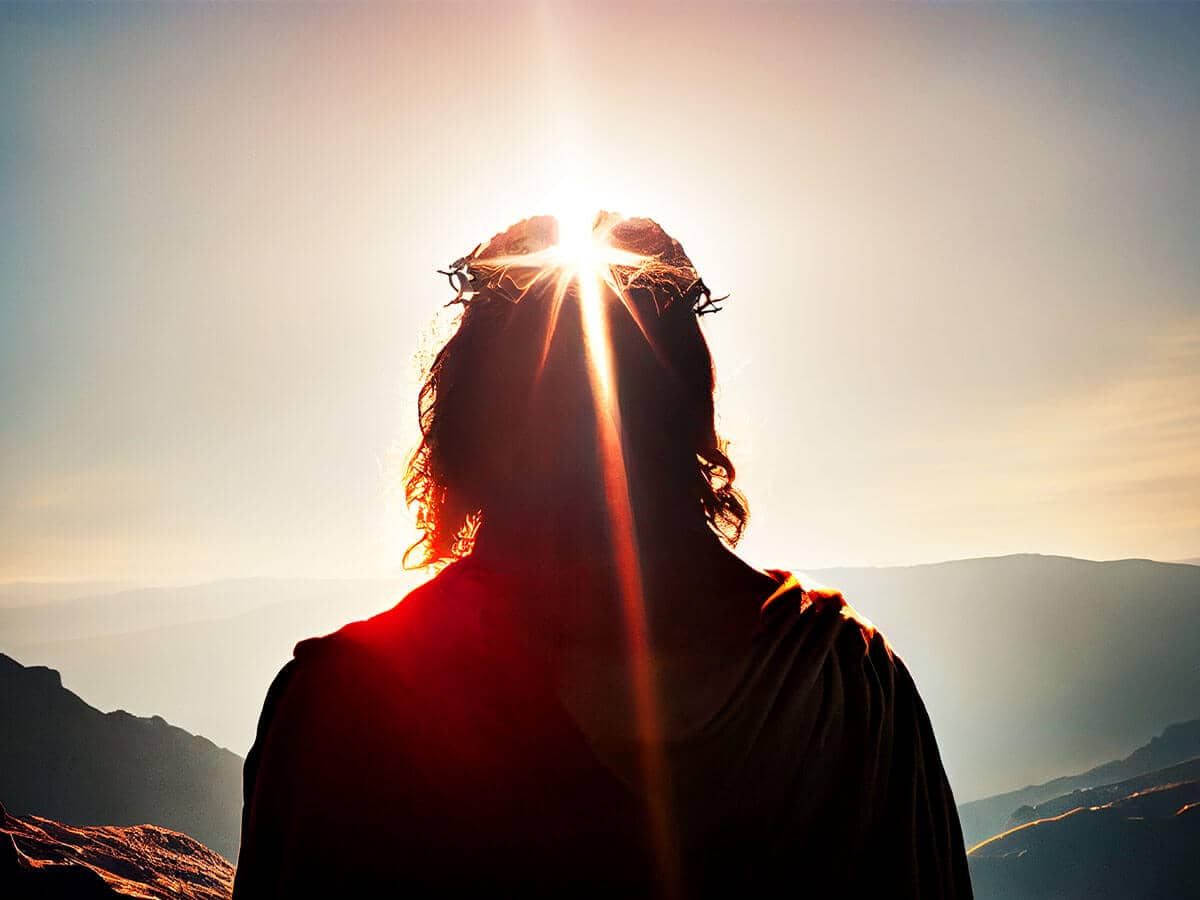
More and more Christians are becoming curious about the relevance of “Jewish” holidays to their own spiritual lives, and for good reason. One of those celebrations that is gaining more interest is the Feast of Trumpets.
The Feast of Trumpets marked the beginning of ten days of consecration and repentance before God. It is one of seven Jewish feasts or festivals appointed by the Lord and one of the three feasts that occur in the autumn. Its name comes from the command to blow trumpets.
The Bible tells us, “Speak to the people of Israel, saying, in the seventh month, on the first day of the month, you shall observe a day of solemn rest, a memorial proclaimed with blast of trumpets, a holy convocation” (Leviticus 23:24).
It is also called Rosh Hashanah, which means “Head of the Year,” because it marks the beginning of the Jewish civil calendar. During this celebration, no kind of work was to be performed, but burnt offerings and a sin offering were to be brought before the Lord. Ancient Israel understood that trumpets were used as a way of announcing special, very important messages.
Rosh Hashanah is the only Jewish holiday occurring on the first day of the month, when the moon appears as a thin crescent. Just as the seventh day and the seventh year are holy according to Mosaic Law, so is the seventh month, Tishri, the Sabbath of months. Jews in ancient Israel announced the new moon with short blasts of a trumpet, but the new moon of Tishri was announced with long blasts, setting it apart.
The type of horn used for the Feast of Trumpets is the shofar, a curved trumpet made from a ram’s horn. This is different from the hatzotzerah, the silver trumpets priests blew to announce the beginning and ending of the Sabbath, and with sacrifices. During the Feast of Trumpets, a priest is chosen to sound the shofar. He stands in a row of priests with silver trumpets facing the altar. The shofar sounds long blasts while the silver trumpets sound short blasts over the sacrifices of the day.
Should Christians celebrate the feast of trumpets? Yes. After all, they were observed with great enthusiasm by Jesus, His apostles, His disciples and nearly all first century and second century believers. We can learn a great deal from the celebration and its message.
In the New Testament, Jesus Christ reveals that before His return to the earth, there will be the blowing of seven trumpets, announcing progressive stages of the downfall and overthrow of the world’s kingdoms, ending with the return of Christ to take possession of the earth. Christ’s return is announced by the seventh and final trumpet. Revelation 8:2 says, “And I saw the seven angels which stood before God; and to them were given seven trumpets."
Revelation 11:15 says, “And the seventh angel sounded; and there were great voices in heaven, saying, The kingdoms of this world are becoming the kingdoms of the Lord, and of His Christ; and He shall reign for ever and ever.”
At the final judgment spoken of in Revelation 20:15, we read that, “anyone whose name was not found recorded in the Book of Life was thrown in the lake of fire.” The Book of Revelation tells us that the Book of Life belongs to the Lamb, Jesus Christ (Revelation 21:27). The Apostle Paul maintained that the names of his fellow missionary companions were “in the Book of Life” (Philippians 4:3).
Jesus said in John 5:26-29 that the Father has given Him authority to judge everyone:
“For as the Father has life in Himself, so He has granted the Son also to have life in Himself. And He has given Him authority to execute judgment, because He is the Son of Man. Do not marvel at this, for an hour is coming when all who are in the tombs will hear His voice and come out, those who have done good to the resurrection of life, and those who have done evil to the resurrection of judgment.”
Second Timothy 4:1 states that Jesus will judge the living and the dead. And Jesus told His followers in John 5:24: “Truly, truly, I say to you, whoever hears My Word and believes Him who sent me has eternal life. He does not come into judgment, but has passed from death to life.”
This day also illustrates a time when faithful Christians will be resurrected to eternal life at the time of the seventh trumpet to reign with Jesus Christ for 1,000 years, the time of His Second Coming. 1 Corinthians 15:52 says, “In a moment, in the twinkling of an eye, at the last trump: for the trumpet shall sound, and the dead shall be raised incorruptible, and we shall be changed.” This fall feast season represents the time when Jesus Christ will come to the earth again to reign in glory.
Whenever a believer accepts Christ and His sacrifice and atonement for sin, Jesus becomes the fulfillment of the Feast of Trumpets.
The following fall feast days describe steps in the establishment of the prophesied Kingdom of God on earth and judgment of humanity after Christ’s return. The Feast of Trumpets is followed by the Day of Atonement.
There was a time when these holidays were celebrated by Christians, but then they stopped being relevant. What happened long after Jesus’ death, Resurrection, the destruction of the Temple or even hundreds of years later that caused believers to abandon these biblical “Feasts of the Lord” in favor of new traditions? And since we read about them coming back in prophecies about the Coming Kingdom, why don’t we know more about them or observe them today? Everyone in Jesus’ Coming Kingdom will be observing the solemn Feasts of the Lord. As followers of Jesus, we should show more curiosity about them and recognize their significance.

